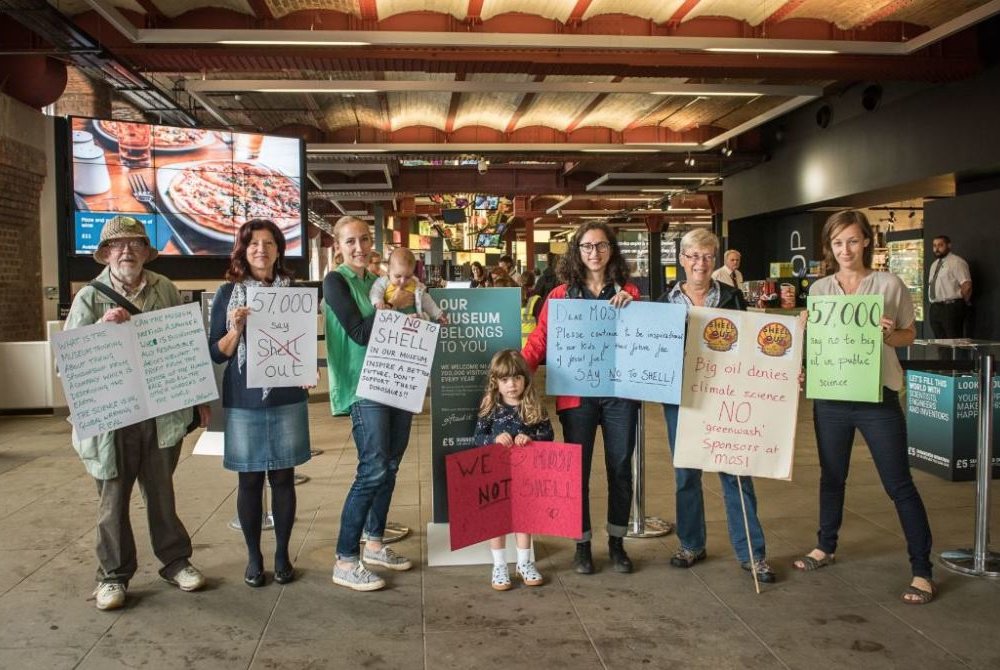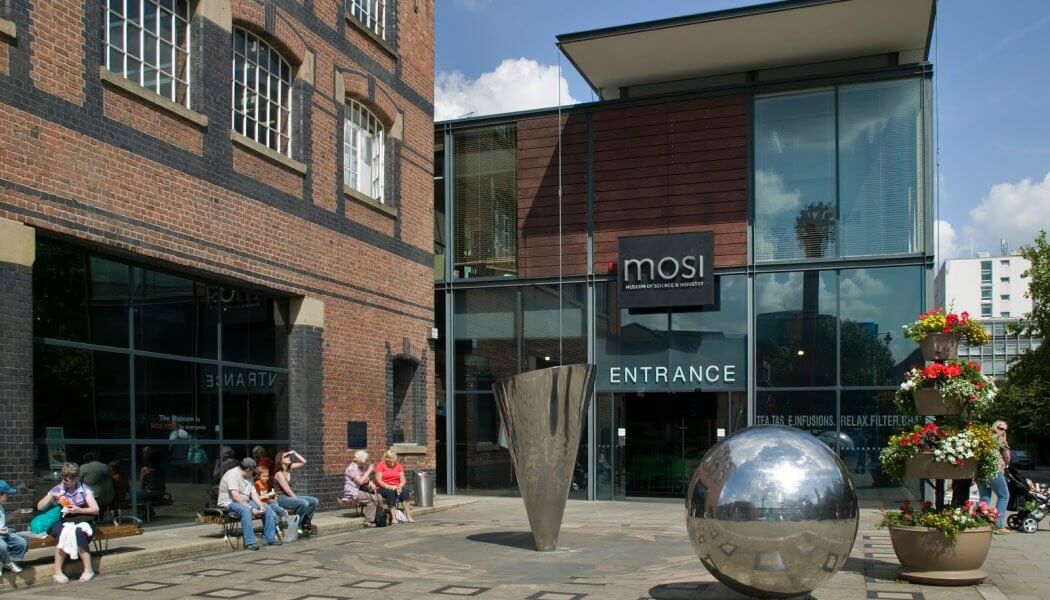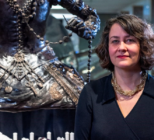The petition was delivered yesterday on the same day as the festival’s programme launch and is the result of a Freedom of Information (FOI) request by research and campaigns organisation Culture Unstained, when it was revealed on 7 August that Shell would be a major sponsor of elements in the Manchester Science Festival. A resulting campaign for signatures to oppose the sponsorship was launched on the 38 Degrees website.
Shell is the main sponsor of the Mosi’s Electricity: the spark of life exhibition, which was officially announced yesterday to coincide with the opening of the festival on the 18 October and the petition called for the deal to be dropped.
One of the groups to pull its support for the festival was Manchester-based organisation Carbon Coop publicly ended their involvement in the exhibition after being informed of Shell’s sponsorship.
“Making the decision to campaign against an organisation that you have worked with is not easy,” said Laura Williams, Engagement Officer at Carbon Coop. “We, like many in Manchester, feel that the Science and Industry Museum offers a vital platform for showing the positive role that technology could play in transforming our world. The museum’s decision to take sponsorship from Shell is a betrayal of this, undermining its ability to inspire the next generation on what our future should look like.”
Culture Unstained say The Science Museum Group – of which the Science and Industry Museum is a member – is already under pressure to justify its partnerships with Shell, BP and Equinor after nearly 50 leading scientists submitted a formal complaint in July arguing that the museum group is ‘undermining its integrity as a scientific institution’ by partnering with major fossil fuel companies, despite their continued contribution to climate change.

On 9 August 70 scientists, artists, campaigners, politicians, local organisations and representatives of communities affected by Shell’s activities – including naturalist Chris Packham, Manchester-based climate scientist Kevin Anderson and environmentalist Sir Jonathon Porritt – signed an open letter to the museum’s director Sally MacDonald calling on her to revoke the deal.
Mosi statement
In a statement from Mosi given to M+H Advisor the museum said that each year the Manchester Science Festival works with over 160 partners to produce around 120 events across Greater Manchester and that all funders understood and must accept that control of the exhibition lies with the museum, but made no mention of possibly ending the oil company’s sponsorship.
“We can confirm that following the confirmation of Shell as a sponsor for the exhibition Electricity: The spark of life, which is part of the festival programme, three of our partners chose to withdraw their proposals for events at this year’s festival. We respect their decision and continue to have discussions with some of those partners about possible future collaborations.
“Electricity: The spark of life is programmed by the Science and Industry Museum. The museum works with a range of funders to support our mission to ignite curiosity in science. We apply the same thought and consideration to all prospective funders, whether corporate, charitable trusts or individual philanthropists, and any sponsor that wishes to work with us must accept that editorial control sits firmly with the museum.
“Electricity: The spark of life will allow the museum to engage with thousands of young people, and inspire the next generation of scientists and engineers to tackle some of the big challenges we face in the world.”
Ethical red line
However, protesters say that having an oil company as sponsor undermines the good work museums are doing. Jess Worth, Co-director of the research and campaigns organisation Culture Unstained who made the FOI request, said: “What was concerning about the emails [uncovered in the FOI] is that the interests of an oil company tarnished by human rights violations, mired in a corruption scandal and driving dangerous climate change have won out over the deeply held values of several festival partners.”
She said there was still time for the museum to draw ‘an ethical red line and ensure its integrity and reputation isn’t damaged further’ and pointed to the fact that while museums are under significant financial pressure today, the Van Gogh Museum’s recent decision to end its 18-year partnership with Shell ‘shows that you can be a world-class museum and refuse to legitimise the fossil fuel industry’.
This protest is the latest in a growing number of campaigns across the world calling for ethical funding of arts, science and cultural institutions. Last week the Van Gogh Museum and Mauritshuis in The Hague ended their sponsorship deals with Shell following a campaign of creative protest by the group Fossil Free Culture NL. And currently the Musée du Louvre in Paris is the focus of a creative campaign by Libérons le Louvre over its partnership with oil giant Total, and the activist theatre collective BP or not BP? continues to hold high-profile performance protests calling on the British Museum and Royal Shakespeare Company to end their partnerships with BP.
At the beginning of August, 40 artists with objects on display in the Design Museum’s ‘Hope to Nope’ exhibition removed their artworks from display after discovering the museum had allowed its building to be hired for an arms industry reception event. And in March, BAE Systems was forced to withdraw its sponsorship of the Great Exhibition of the North just a week after it was announced when large numbers of participating artists refused to have their performances associated with the arms company.









